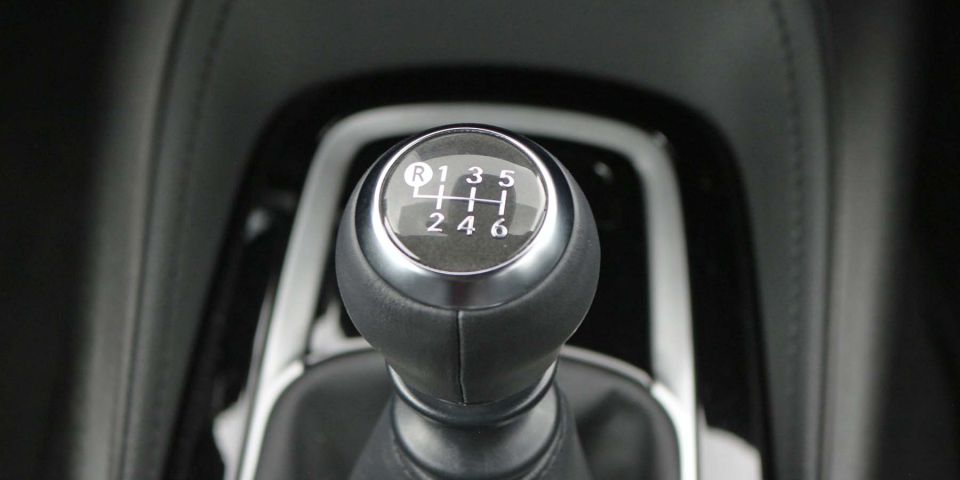By Arkady Petrov
RIO DE JANEIRO, BRAZIL – Faced with the crisis in Argentina, Brazil should stop exporting 240,000 vehicles to the country in 2019, according to Anfavea, the manufacturers’ association.

Argentina is the largest consumer of the Brazilian motor industry, representing 7.6 percent of Anfavea’s 3.14 million vehicle production forecast for the year, in early 2019.
The automotive market in Argentina has seen a considerable drop in the number of new license plates. In May, according to the association of local dealerships (Acara), 36,770 vehicles were sold. This figure is less than half of the 83,200 units over the same period last year.
The poor performance of the neighboring country’s economy is also felt in Brazil. This is because, according to Acara, 69 percent of cars sold in Argentina are imported, mostly from Brazil.
Between January and May, 107,000 vehicles were sent to Argentina, 54 percent less than the 233,000 units in the same period last year.
At the end of May, Toyota announced that it will lay off 340 employees at the Sorocaba plant (São Paulo State), in addition to reducing production of the Etios and Yaris models, as a result of a downward revision of the year’s production: from 154,000 to 137,000 vehicles by the end of the year. The reason? The decrease in demand in the Argentinian market.
According to Anfavea’s president, Luiz Carlos Moraes, the crisis in the neighboring country should hurt Brazilian production numbers. “Argentina has a greater impact than we imagined so that we will be revising exports in due course, and this will affect total production as well,” he said.
At the beginning of the year, the organization announced it was expecting to export 590,000 vehicles, 6.2 percent less than in 2018.

